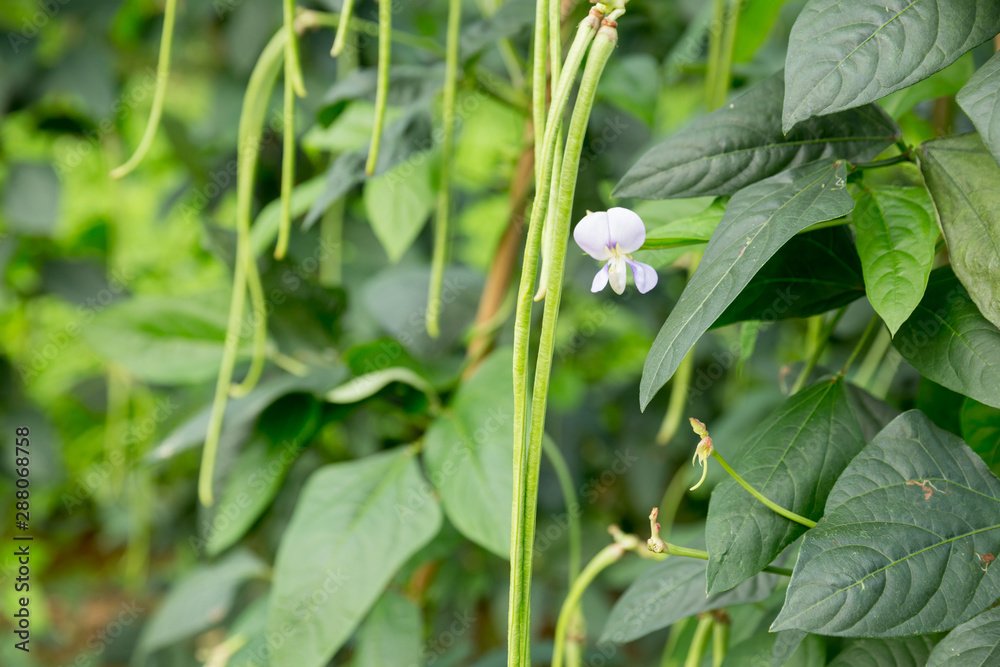
Leading Change: Climate & Conservation
NWI Food & Farm Climate Action Plan
2025 Update! We are grateful for everyone that contributed to our focus groups and steering committee in 2023-24, and for the support of the ReAmp Network and the Shirley Heinze Land Trust. Learn more about the original project here.
We’re excited to share the insights we’ve gathered will be embedded in our larger 10 year Regional Food System Plan. As we worked on our 7 county Food System Assessment, we recognized that environment resilience was a recuring theme- and acknowledge that our regional ecosystems are critical to a thriving food system. With this in mind, we want to make sure that environmental resilience and thriving, biodiverse ecosystems are a part of all of our larger food system strategies, not a siloed action plan. Keep an eye out for updates on our Food System Assessment and action planning process!
Climate Change
The industrial agriculture industry is a significant source of U.S. greenhouse gas emissions, from farm equipment emitting carbon dioxide with tilling, planting, pesticide and fertilizer applications, and harvest. Transporting produce and livestock long distances to market adds even more. Industrial farmers typically feed their animals corn and soy, which are grown in vast monocultures with fertilizers and pesticides produced via fossil fuels. Methane emitted from corn and soy fed livestock has a devastating impact on our climate. Furthermore, nitrous oxide, another potent greenhouse gas, seeps into the air from bare soil and synthetic fertilizers.
But agriculture offers some of the most hopeful and compelling opportunities to counter climate change. Trapping carbon in the soil through practices such as cover cropping, low- or no-till cultivation, and crop rotation could globally store up to the equivalent of eight billion metric tons of carbon dioxide per year—almost matching current annual emissions from the burning of fossil fuels.
What is Regenerative Agriculture?
“Regenerative Agriculture” describes farming and grazing practices that, among other benefits, reverse climate change by rebuilding soil organic matter and restoring degraded soil biodiversity – resulting in both carbon drawdown and improving the water cycle.
Infographic provided by Grain Millers, Inc.
Climate Resources, Statistics and Literature:
Project Drawdown Climate Change Solutions for Food, Agriculture & Land Use
Kiss the Ground - Documentary, Toolkits, Grants and Education Tools
Natural Resources Defense Council (NRDC) - Regenerative Agriculture 101
Our Partners in Countering Climate Change:
Midwest Sustainable Agriculture Working Group
Indiana Association of Soil and Water Conservation Districts

“Without farmland and ranchland, we can't win the global fight against climate change. Our food, our water, our environment, our survival—it all depends on American agricultural land.”
– American Farmland Trust
Conservation
We must keep farmers on the land, promote regenerative farming practices, and protect farmland.
“America’s irreplaceable farmland grows our food. It also supports a trillion dollar a year agriculture economy. Farmland is the foundation of our rural communities, providing jobs, recreational opportunities, and a deep connection to the land.
Well-managed farmland supports wildlife and biodiversity, cleans our water, increases resilience to natural disasters like floods and fires, and helps combat climate change. It’s now clear that we can’t realize global climate goals only by reducing emissions, that we also need to retain farmland and actively manage it to draw down carbon from the air. Yet we are losing it at an alarming rate. We have lost millions of acres of farmland to development. On land that continues to be farmed, we are also losing ground—quite literally. We have lost billions of tons of topsoil.”
– American Farmland Trust
Future Conservation Initiatives:
Our future initiatives include:
Provide farmers with support for agricultural land conservation easement applications
Develop an agricultural land trust for NW Indiana
Advocate for municipalities to include long range farmland preservation in planning and code


